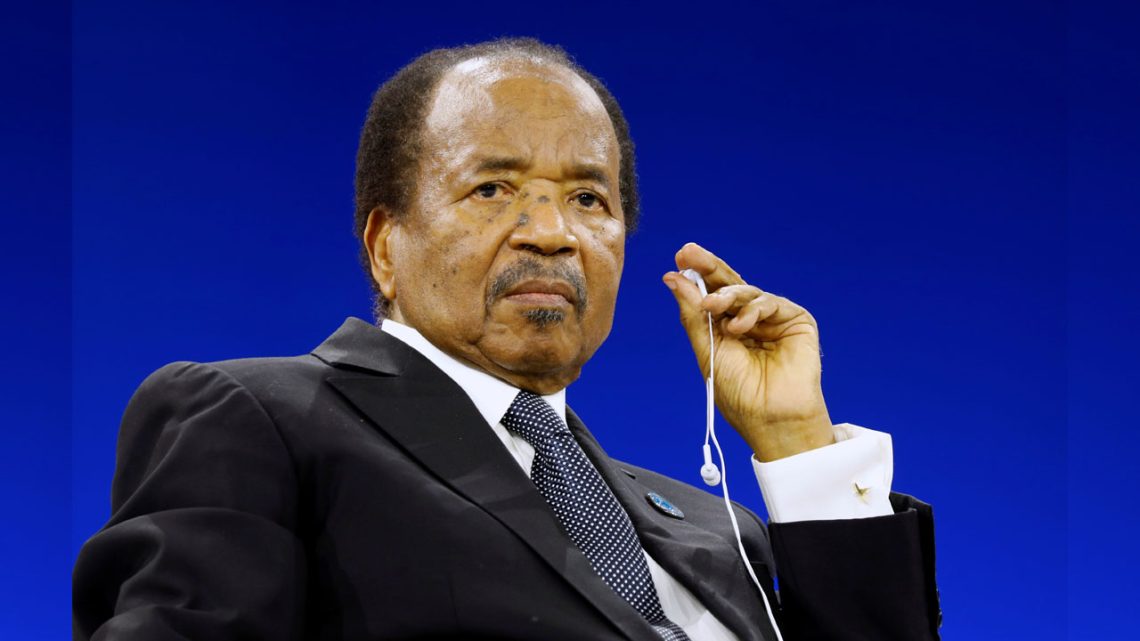International
92-year-old Paul Biya wins Cameroon presidential election

World’s oldest head of state, Cameroon’s President, Paul Biya, 92, has been officially declared the winner of the country’s 2025 Presidential Election, extending his decades-long rule by another seven years.
The Constitutional Council made the declaration on Monday, revealing that Biya secured 53.66 per cent of the votes, defeating opposition candidate Issa Tchiroma, who polled 35.19 per cent.
“Hereby proclaimed President-elect: the candidate Biya Paul,” said Clement Atangana, president of the Constitutional Council.
Although the election was held on October 12, the results were only confirmed on Monday.
Tchiroma, who has consistently challenged Biya’s 43-year hold on power, rejected the election outcome, claiming that he actually won with 54.8 percent of the votes.
Prior to the announcement, the opposition leader had urged his supporters to hold peaceful marches, despite a government ban on public gatherings.
Tensions escalated in the commercial city of Douala on Sunday, where clashes erupted between security forces and opposition supporters.
The Littoral Regional Governor, Samuel Dieudonne Ivaha Diboua, confirmed that four people were killed in the violence, while several security personnel sustained injuries.
“Four people unfortunately lost their lives,” he said, adding that demonstrators had allegedly attacked a gendarmerie brigade and two police stations.
With this win, Biya, who has ruled Cameroon since 1982, will now continue into his eighth term, making him one of Africa’s longest-serving leaders.















